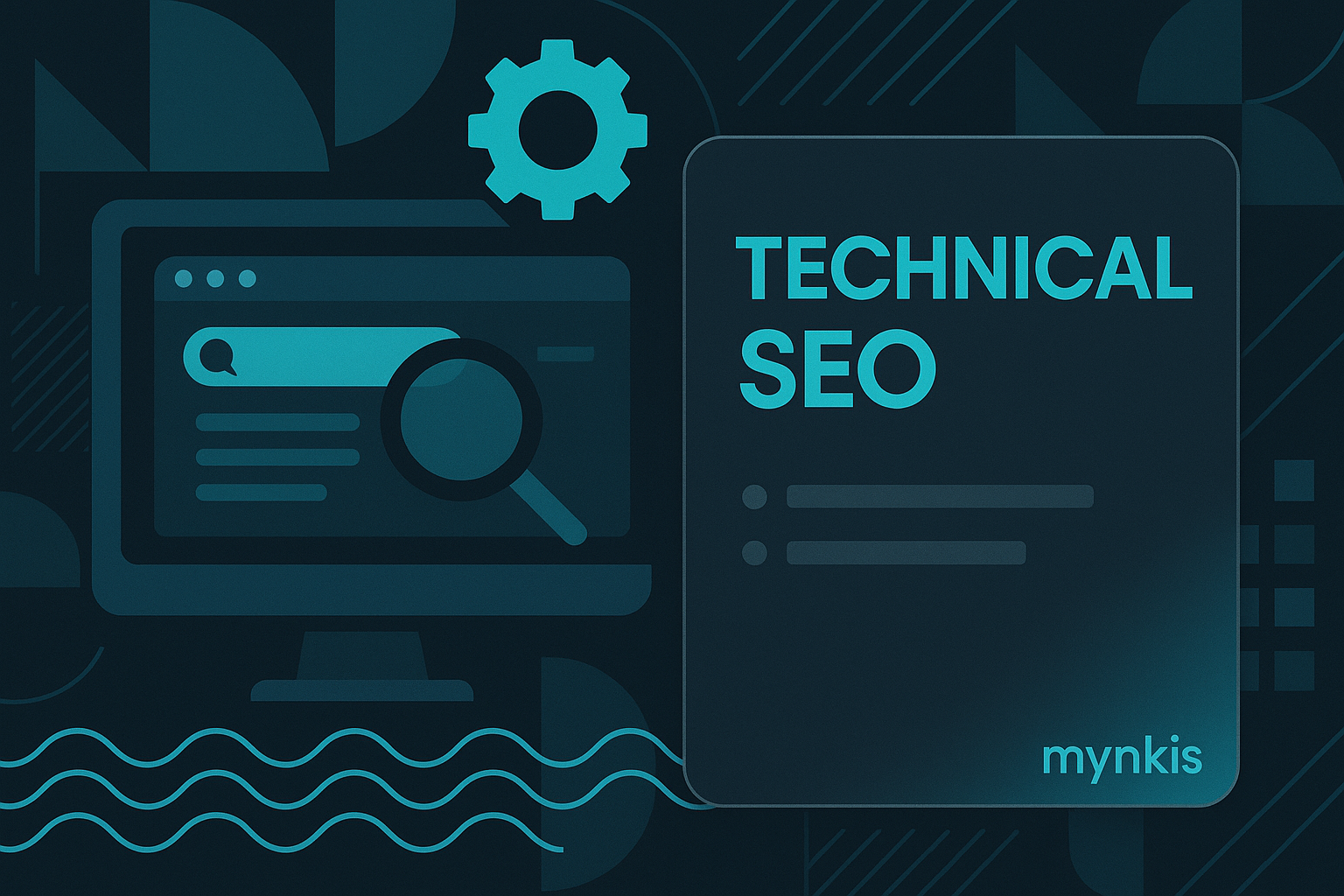Schedule a Demo
Technical SEO is absolutely vital for any e-commerce platform looking to dominate the online space. I've seen countless retailers enhance their search rankings and user experience by implementing robust technical SEO strategies. Think of it like this: having a great online store with an intuitive design is just the starting line. Without the engine of technical SEO finely tuned, your site's potential visibility can sputter out long before reaching its full stride.
When talking about retailers who aim to bolster their online presence without leaning heavily on paid ads, technical SEO becomes the backbone of organic growth. This is not just about getting the basics right but rather diving into the nitty-gritty of what search engines crave from a technical standpoint. Speed, crawlability, and mobile-friendliness are no longer just buzzwords; they are actionable imperatives that can significantly affect your bottom line.
One essential element of technical SEO is mastering your site's architecture. A well-planned site structure makes it easier for search engine bots to crawl and index your pages. Imagine a search bot entering your store like a customer; you wouldn't want them lost in a labyrinth, right? I've consulted on projects where implementing a clear hierarchy using categories, subcategories, and logical URL structures has brought almost immediate improvements in organic traffic.
Creating an XML sitemap and submitting it to Google Search Console is another critical step. This act essentially maps out your online store for search engines, encouraging them to index new or updated pages more effectively. Besides, by regularly monitoring crawl errors through Search Console, you proactively keep your site's health in check, ensuring it's always in tip-top shape for both search engines and human visitors alike.
Now, let's talk about speed. Is your online store loading fast enough to keep users hooked? According to Google, even a single-second delay in page load can translate to a significant drop in conversions. Across the board, the key takeaway I share with my clients is: optimize your images, enable browser caching, and consider using a Content Delivery Network (CDN) to dramatically speed things up.
In my experience, implementing AMP (Accelerated Mobile Pages) can also work wonders, especially if your target demographic shops mainly via mobile devices. AMP strips down pages to their most essential elements for instant loading, even on less-than-ideal internet connections. Yes, it's somewhat limiting in terms of design, but for many retailers, the speed boost far outweighs the creative concessions.
The rise of mobile browsing has profoundly changed the SEO game, and search engines are increasingly prioritizing mobile-first indexing. Given that a considerable portion of online shopping happens on mobile devices, you simply can't afford to have a site that doesn't perform well on smaller screens. Responsive design isn't just nice to have anymore; it's a necessity.
Mobile usability, site load times, and touch-friendly interactions are aspects that search engines are now scrutinizing even more intently. In developing recent projects, I've emphasized ensuring that touch targets are adequately sized and that navigation is intuitive on mobile. A good rule of thumb? If your site feels clunky or slow on your phone, it probably does for your customers too.
Speaking of essentials, let's not forget about security. A secure, HTTPS-enabled website isn't just beneficial for instilling trust in customers—it's also a positive signal for SEO. Research indicates that Google has been vocal about favoring HTTPS as a ranking signal since 2014, and I've personally seen the benefits it can deliver in real-world scenarios.
Beyond the direct SEO benefits, using HTTPS is critical for protecting transaction data. In the world of e-commerce, trust is everything. Customers need to know that their payment details are safe. In my work with retailers, we've shifted everything to HTTPS, immediately seeing fewer bounce rates and increased dwell times, painting a reassuring picture of stability and safety.
Schema markup might sound like high tech speak, but think of it as adding vitamins to your SEO diet. When used correctly, it helps search engines understand the content of your site better, leading to the creation of rich snippets in search results. These enhanced listings can give your store that much-needed edge by displaying additional information like prices, stock status, or customer reviews directly in search results.
Integrating schema into product pages can be particularly impactful for retailers. In projects I've overseen, we've seen enhanced product listings result in higher click-through rates, often translating to actual sales uplift. Just ensure that your implementation of schema markup is accurate; flawed implementations can hurt more than they help.
The landscape of SEO is not static, but it's an ongoing journey. Regular audits of your site's technical SEO elements are paramount. Utilize tools like Google's PageSpeed Insights, or more comprehensive solutions like Ahrefs and SEMrush, to keep a pulse on your SEO health.
In my experience, monthly or quarterly audits have revealed pivotal insights that my clients could act upon immediately, from fixing broken links to addressing on-page SEO optimizations. Remaining vigilant and adaptable in your technical SEO approach pays dividends; it's about making small but consistent improvements that align with how search engines evolve.
Looking ahead, keep your finger on the pulse of emerging technologies like voice search and AI-driven algorithms. As these technologies grow, they will redefine how consumers find your store online. Voice search, in particular, is on the upswing, influenced by the ubiquity of smart speakers and mobile devices. Ensuring your SEO strategy encompasses natural language optimization can keep you competitive as we move into the future of search.
Moreover, integrating AI into your SEO strategy to predict and adapt to user behavior can only enhance your e-commerce platform's performance. Whether it's through personalized search results or dynamic content, AI's potential to increase relevance for users is something to monitor closely. Based on available research, individual results may vary, but the trend suggests that AI and machine learning will significantly shape future SEO strategies.
